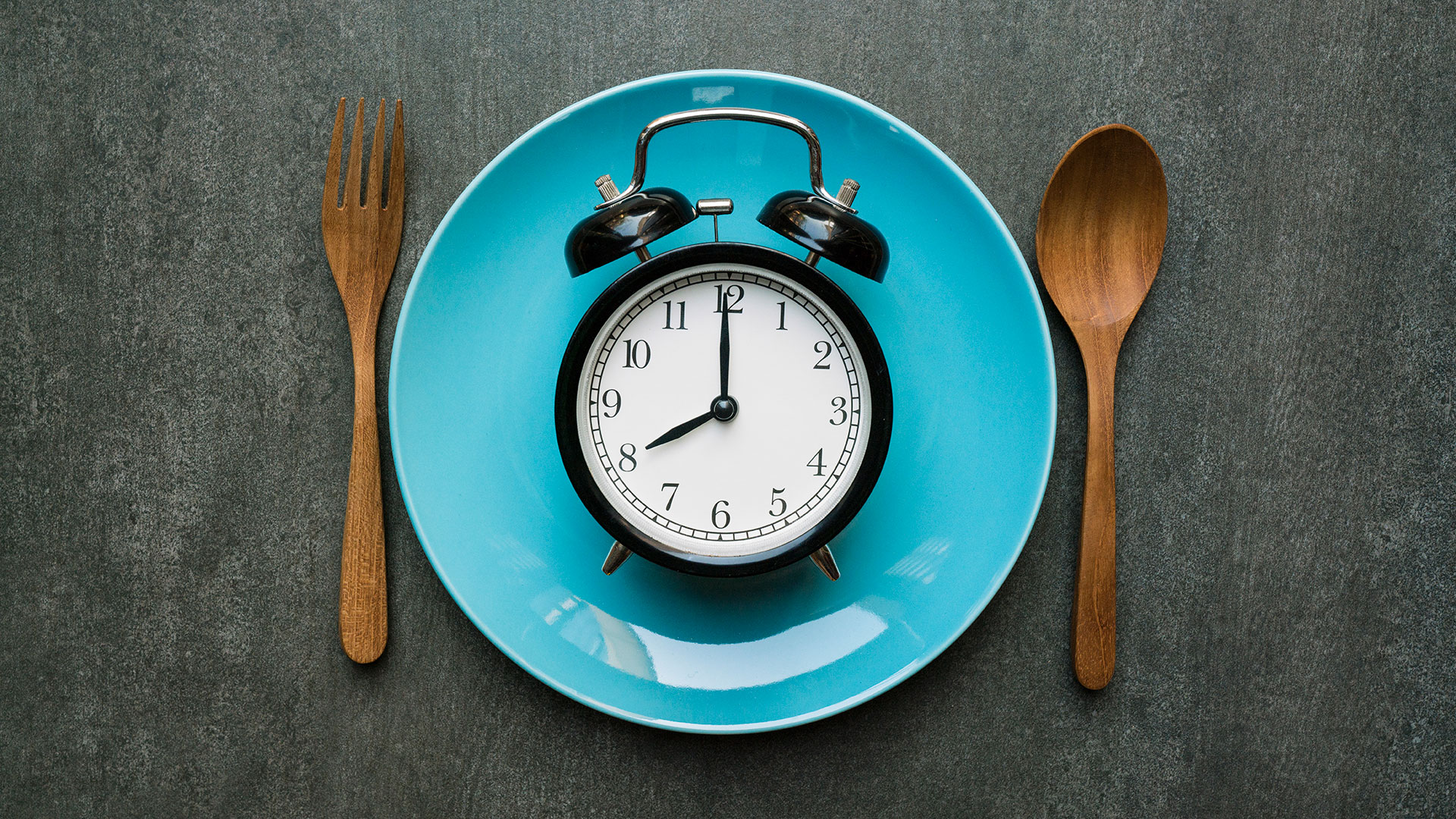Intermittent Fasting While Working the Night Shift
Having previously worked night shift for 5 years, a common question I get asked is, “How do I intermittent fast while working the night shift?” I believe this question is prevalent amongst night shifters because of the difficulty to access healthy food in the middle of the night. So to many, skipping meals seems like a viable solution.

Of the five years I worked the night shift I incorporated intermittent fasting (fasting for 16-18 hours a day) for about three years. In the beginning I struggled being consistent, but after a little practice I was able to lock it down. Before I get into more detail about ways to incorporate intermittent fasting on night shift, let’s take a quiz.
Just answer yes or no to the following questions:
- Are you new to fasting?
- Do you stay up after your shift on your days off?
- Do you exercise in the morning after you work out?
- Would you consider your job stressful?
- Do you consume large amounts of caffeine (more than 1 cup of coffee) to stay awake?
If you answered yes to three or more of the questions it is not necessary for you to continue reading this blog after this paragraph. The above questions all relate to having stress. Working night shift and not having any sort of connection to your body’s natural circadian rhythm is alone very stressful. Fasting is an additional stress you would be putting on your body and the benefits you would receive from intermittent fasting would not outweigh the cost of the additional stress added. The APA (American Psychological Association) published a report in 2011 indicating a list of frequent health issues for those working night shift. Based on scientific studies the APA concluded Metabolic Syndrome was frequent amongst those who work night shift.
I know the effects of night shift stress from personal experience. As previously mentioned I fasted for about three years while working night shift. Eventually, I could tell my overall health and quality of life was on the decline. I stopped fasting and felt a little better. When I focused on my health and got down to a 1 or 2 on the about quiz (previously a 4 out of 5) I felt a substantial positive difference. If you were someone who said yes to three or more, focus on the quality and quantity of your nutrition rather than when you’re eating. Cooking your meals a few days in advance so you have them ready to go when you wake up, or looking into the services of a meal prep company, may be some things that will help.
Alright, so if you said yes to two or less on the quiz, feel healthy, and want to intermittent fast I will break down two strategies.
- Find a time you can be consistent when working or not.
Typically the best times to begin eating for this schedule are somewhere between 1p.m.- 5 p.m. In my experience this strategy was the easiest to be consistent with and is the one I used. I would eat around 2:30 p.m. and typically 8:30p.m. every day.
- Fast Longer or Shorter the day before schedule flips.
Typically, if you are working night shift a day you are not working will be less stressful than the day you work. Therefore, if you were to extend the fast doing it after being off for a few days would be the way to go. To make this process simple you could ease into it by fasting for a few hours longer the day before you work then a few more the day you go into work. If you are looking to eat at more reasonable hours on your days off ending the fast a few hours early on your first day off will be the easiest option. I will provide an example template below that should be adjusted according to your schedule.
Saturday (Day Off Normal) 1p.m.- 8 p.m. feeding window
Sunday (Day Off) 4p.m.- 10 p.m. p.m. feeding window
Monday (Work) 6 p.m.-12 a.m. feeding window
Tuesday (Work) 6 p.m.-12 a.m. feeding window
Wednesday (Day Off) 1 p.m.-9 p.m. feeding window
Overall, anyone who has worked on night shift knows it presents many challenges. Although intermittent fasting may have some health benefits I would caution night shifters on implementing fasting strategies. For the majority, consistently bringing in a balanced meal of whole foods will be most beneficial. For those working nights who still wish to intermittent fast utilizing the method by eating at the same time everyday may be the way to go.
-EarthFIT Coach Sam


 YES! Contact me today to schedule a FREE no obligation consultation and trial workout.
YES! Contact me today to schedule a FREE no obligation consultation and trial workout.